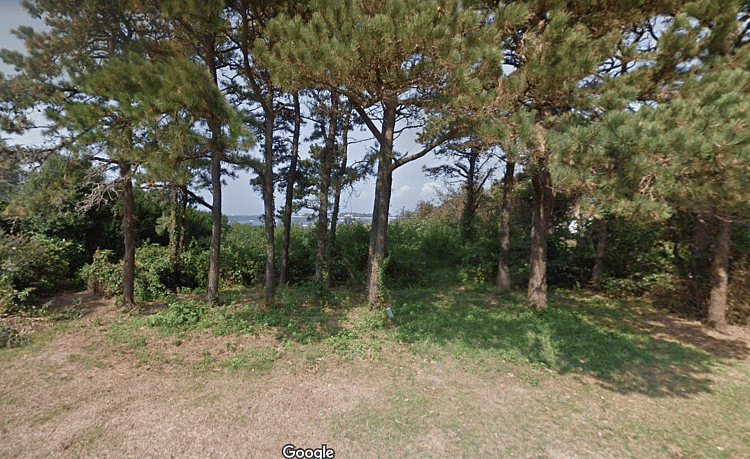Cape Town Doesn’t Have To Pay Waterfront Property Owner for Denying House, Court Says

A Cape Cod property owner who can't build a house on a lot she owns because of local wetlands regulations has not suffered a regulatory taking of her property and the town government doesn't have to pay her, the Massachusetts Appeals Court has ruled.
The court overturned a jury verdict awarding property owner Janice Smyth $640,000 – the difference between what an appraiser says the property is worth if it's unbuildable ($60,000) and how much it would be worth if she could build a house on it ($700,000).
